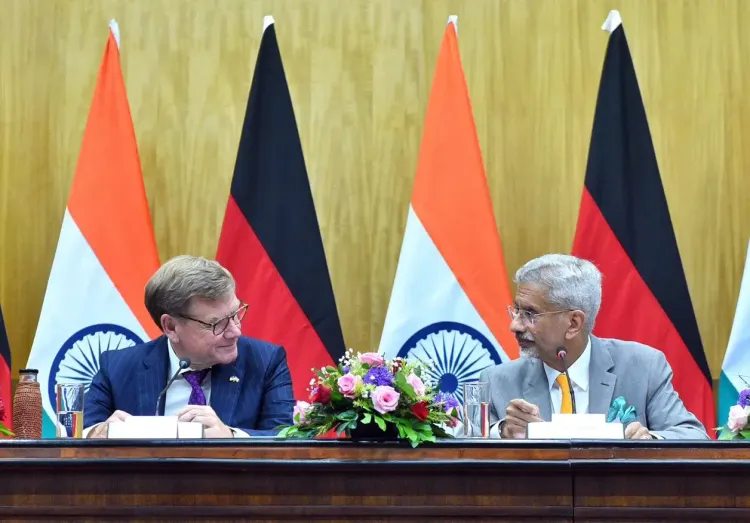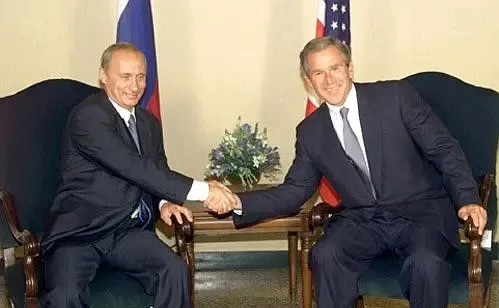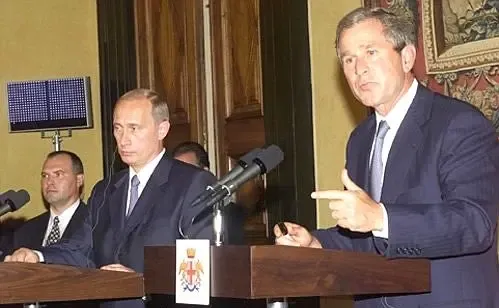Is Germany Shifting Focus Towards India for Strategic and Economic Cooperation?

Synopsis
Key Takeaways
- Germany's focus on India reflects a strategic recalibration.
- The submarine deal signifies deepening defense ties.
- Bilateral trade is projected to double in the coming years.
- Technological collaboration is a priority, especially in AI and space.
- Indo-Pacific cooperation is essential for both nations' security.
Berlin, Sep 13 (NationPress) Germany's renewed focus on India is anchored in three significant strategic goals: technological sovereignty, economic diversification, and Indo-Pacific engagement, as reported on Saturday.
The recent trip by German Foreign Minister Johann Wadephul to India, along with the approval for a submarine deal, highlighted Germany's acknowledgment of India as a pivotal strategic ally in numerous areas.
During his stay from September 1-3, Wadephul emphasized that “India is synonymous with Asia for us, just as Germany and the EU represent a similar significance for India.”
His remarks were not merely diplomatic; they reflected a strategic realignment in Berlin’s perspective towards India-Germany relations. This shift is exemplified by the sanctioned INR 70,000 crore submarine project under Project 75(I), involving Germany's ThyssenKrupp Marine Systems and India's Mazagon Dock Shipbuilders, as detailed in an India Narrative report.
These developments collectively underscore Germany's recognition of India as a reliable partner in its quest for technological sovereignty, economic diversification, and Indo-Pacific collaboration.
During a press briefing on September 3, the German Foreign Minister signaled Berlin's intent to pursue technological partnerships with New Delhi. Wadephul commended India's innovation centers, particularly mentioning his visits to Bengaluru and ISRO, and emphasized the need for enhanced cooperation in areas like AI, space, and other technology sectors.
“Trade was another major topic of conversation between the two foreign ministers. Last year, bilateral trade between Germany and India reached nearly €50 billion, with both nations expressing optimism about doubling that figure. Additionally, Germany's support for the India-EU Free Trade Agreement discussions and the focus on resolving regulatory challenges and export-clearance processes indicate a maturity in their economic ties,” the report highlighted.
India has committed to addressing issues regarding the ease of doing business, talent mobility, and regulatory predictability, while Germany acknowledged the potential of engaging with India's expanding capabilities.
“Germany's interests in the Indo-Pacific region are evident in its desire to deepen ties with India. During the joint press conference, topics such as maritime trade route freedom, navigation rights, and regional security were explicitly addressed. In a climate of tension and uncertainty, Germany expressed its concerns and sought collaboration with India, a crucial player in the Indo-Pacific,” the report concluded.










